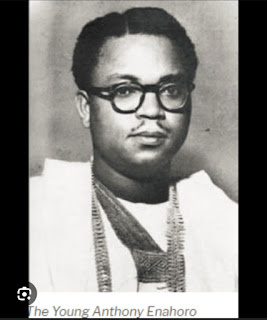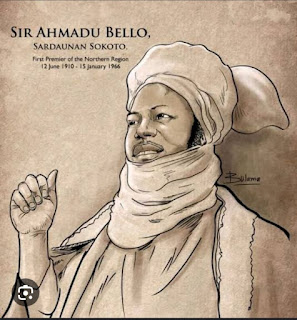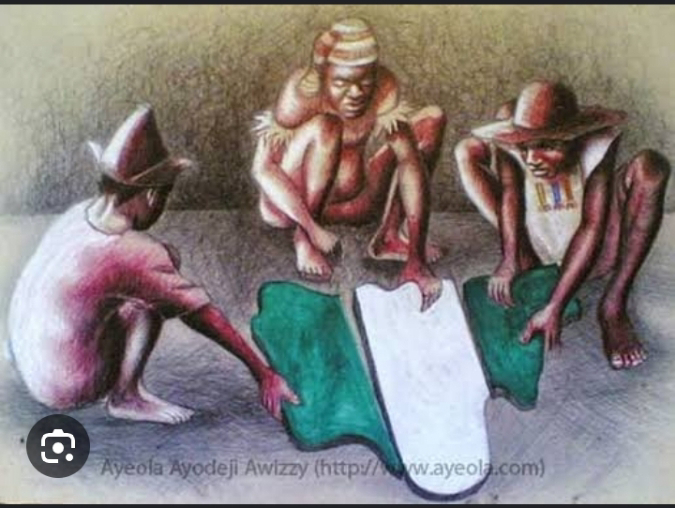The Story Of Nigeria's Independence
Colonial rule exploited Nigerian labour in a way that profited European firms more than Nigerians themselves. It also limited Nigeria's participation in issues that concerned the governing of the country. These perceived shortcoming of colonial rule gave rise to Nigerian nationalism, otherwise known as anti-colonial movements. Nigerians, like other colonized people of the world, sought for their independence.
The Nigerian anti-colonial movements is a nonviolent movement which reflects response and resistance to British rule in Nigeria through strike actions, newspaper press and propaganda, trade unionism, boycott, mass migration and parliamentary motions.
Nigeria was granted independence on October 1, 1960. A new constitution established a federal system with an elected prime minister and a ceremonial head of state. The NCNC now headed by Azikiwe (who had taken control after Macaulay's death in 1946), formed a coalition with Balewa's NPC after neither party had won majority seats in the 1959 elections, Balewa continued to serve as prime minister, a position he had since 1957 while Azikiwe took the position of the largely ceremonial president of the Senate.
In 1953, Enahoro became the first to move the motion for Nigerian Independence which was eventually granted in 1960 after several political setbacks and rejections. Due to the motion, Enahoro is regarded by many as the " father of Nigerian state". However, his motion for Nigeria's Independence suffered setbacks in parliament, with the North rejecting the motion as they were not ready for independence. Notwithstanding the defeat in parliament, a popular movement was started on account of this motion and the pressure was now built up against colonialism and there was agitation for independence of Nigeria.
In August 1958, Remi Fani-Kayode revisited Enahoro's motion and the motion was again passed by parliament, to be granted on 2 April 1960, but it was not approved by the British. A further motion was proposed to parliament by Sir Abubakar Tafawa Balewa and it was passed. As a result of the sustained pressure, the colonial government announced the decision of the British to grant independence in 1960.
Recognizing the country's particular multi-ethnic configuration or diversity, the British government had established for Nigeria a federal structure of government with three regions. Each of the three regions had it's own constitution and good measure of autonomy while there was a fairly weak federal government at the center. Finally on October 1st 1960, Nigeria was granted it's independence from British colonial rule and the first republic was born.



Comments
Post a Comment